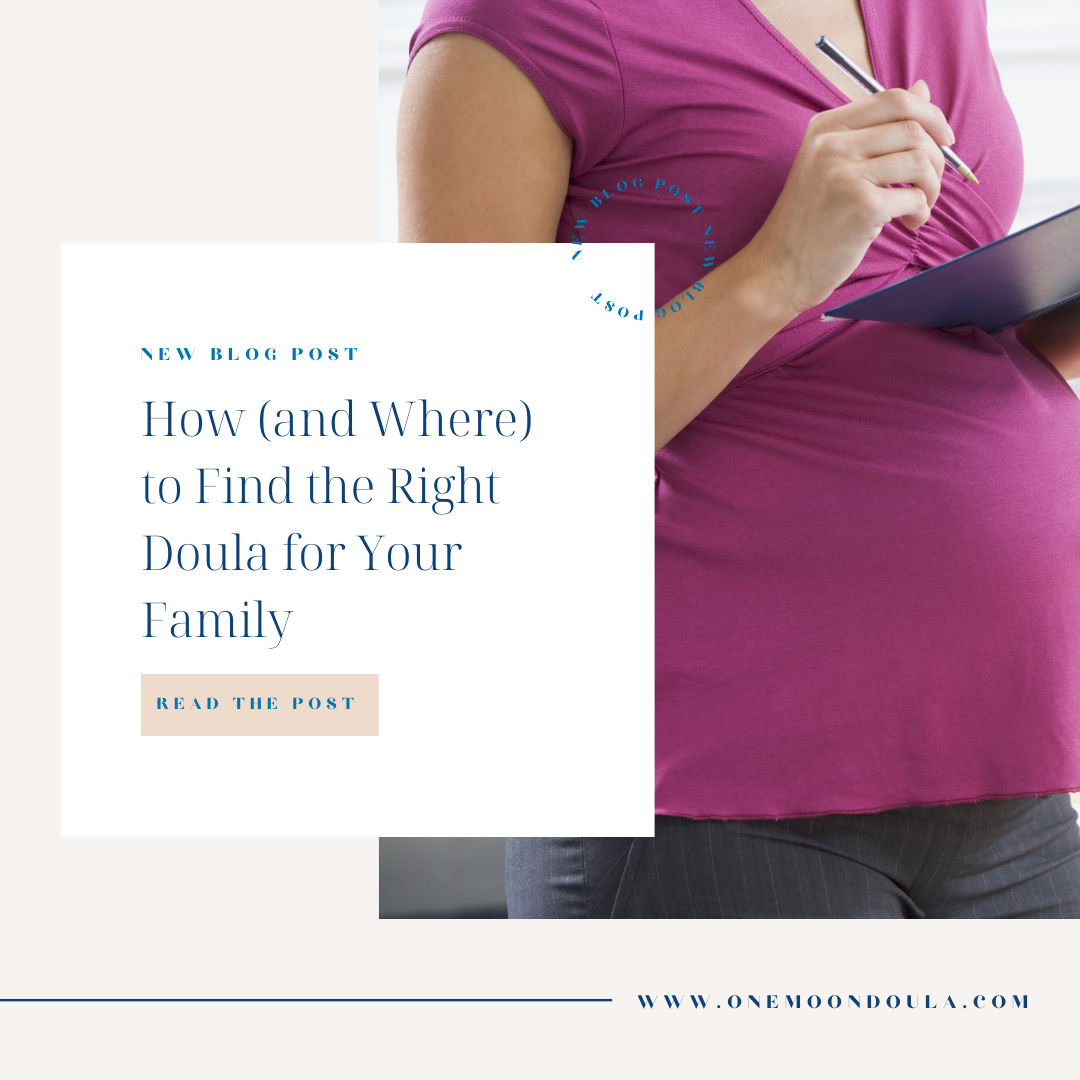In preparing to speak at the DONA International annual conference last year, I polled an online doula community about what factors either threatened, or ultimately led to, their burnout. Three main areas presented themselves:
- Income Related Reasons
- Stress/Quality of Life
- Isolation/Lack of Support
The income-related reasons had a lot to do with how hard it can be to anticipate income. Postpartum doulas are tasked with finding new assignments every few months, with potential gaps in between, and birth doulas may find the number of births per month varies and can’t always be known very far in advance, for example. There’s also sometimes trepidation about charging “too much,” either because there’s a culture that says doing this kind of work shouldn’t make you a lot of money (that’s for a whole other blog post) or because a doula is afraid of not being hired if their rate is too high. Many doulas also don’t account for the amount of unpaid time that is required to run a business.
Stress and quality of life are also contributing factors to burnout for a number of reasons. Sometimes doulas commit to a bigger workload than is sustainable for them, in part due to the concern about unpredictable income, or sometimes due to difficulty and discomfort with setting boundaries. (Have you ever had a family book 3 nights/week, which let’s say is your max… and then convince you to add more nights when you know from experience that 3 is your limit?!) Many doulas also reported that they thought they could work a certain number of overnights/week to make a certain level of income, or take a certain number of births per month… and then learned it was too hard on the body (whether that be the overnights/sleep deprivation, or the on-call lifestyle and irregular hours). In our previous blog post, we shared some tips (and a free download) for setting boundaries and preserving your quality of life while doing this important work!
A lack of support is another challenge to the longevity of doulas in the field. First, being a good doula does not mean having all of the know-how to run a business, and therefore many doulas report feeling overwhelmed in that area, without a reliable resource for the myriad of questions they have. Second, doula trainings can only prepare a doula for so much, and can only cover a certain percentage of possible scenarios they will encounter, and so there is a lot of “on the ground” learning that has to happen, that leads to a need to process with peers and mentors, seek feedback, and feel a sense of camaraderie. Without this support, the likelihood of a doula learning and growing in order to thrive is diminished.
Knowing these potential traps and challenges can benefit a new or aspiring doula, and help them to enter on a career path with realistic expectations, and strategies for making this work sustainable for them. We’re passionate about helping doulas prevent burnout – to benefit them, and all of the potential families they may serve along the way! For this reason we’re offering a free webinar, How to Succeed as a Postpartum Doula – Without Burning Out! with many more tips about setting up for success and preventing burnout. Click the link to find out when it’s offered (typically at least twice a year, in March and August). We really hope to see you there!












